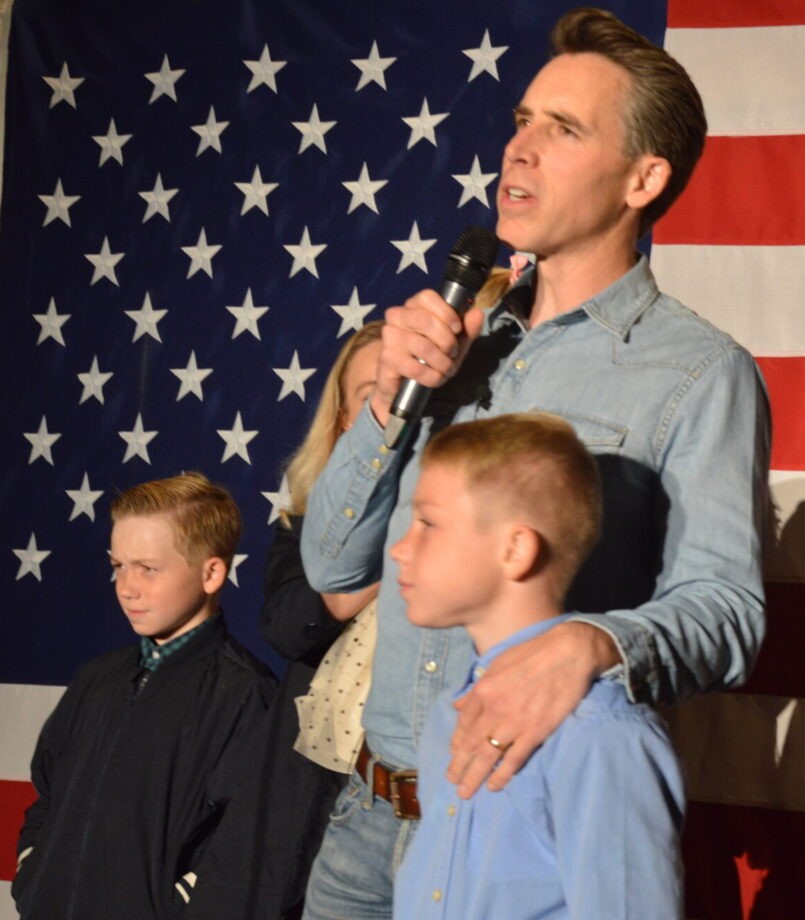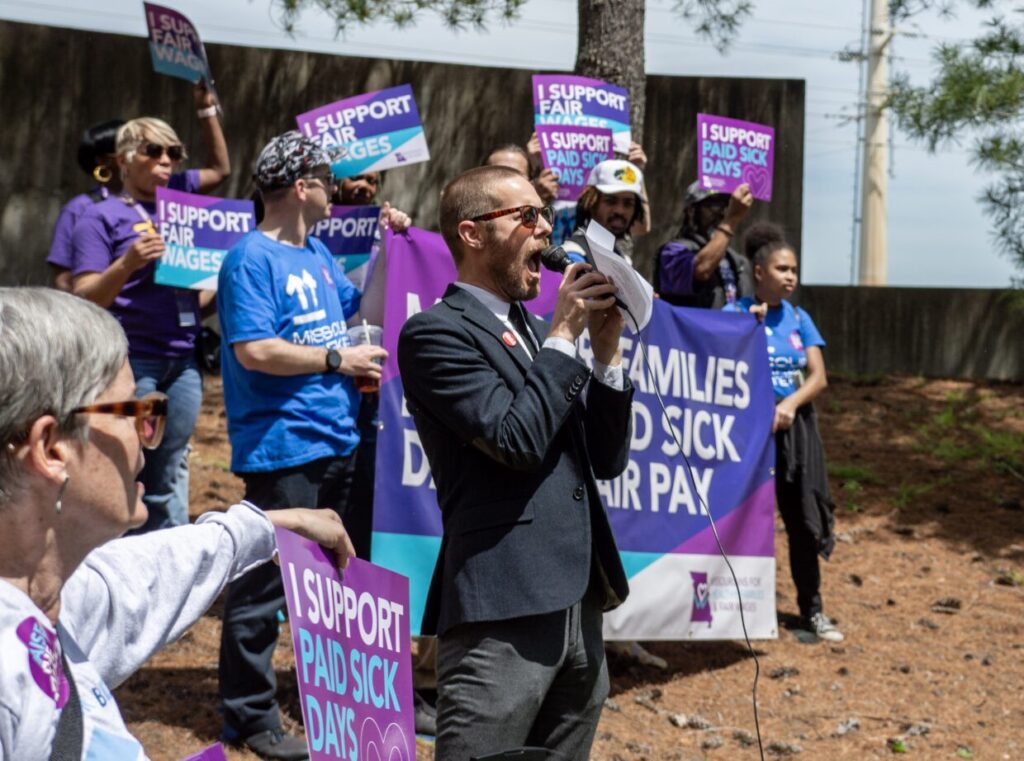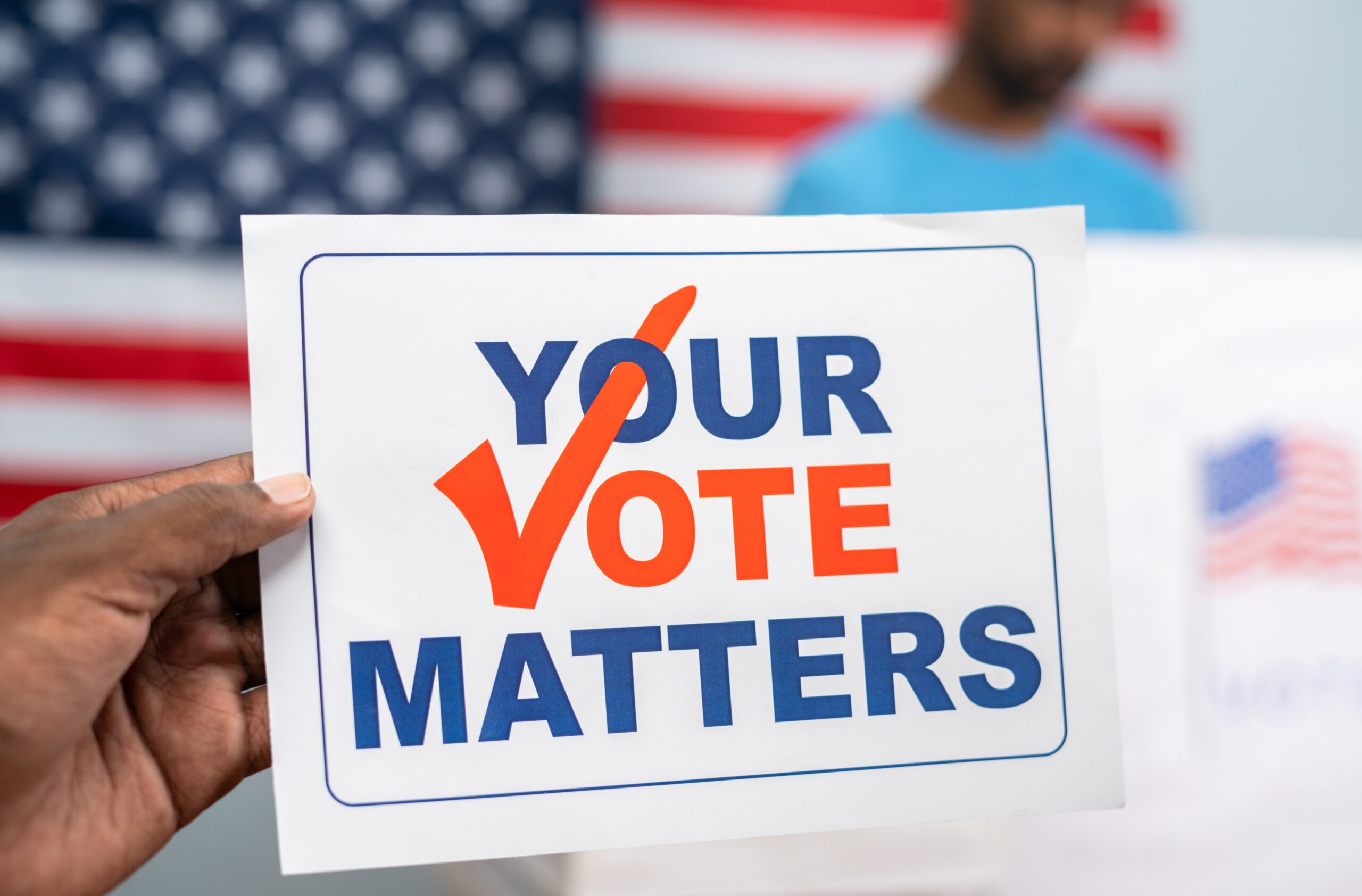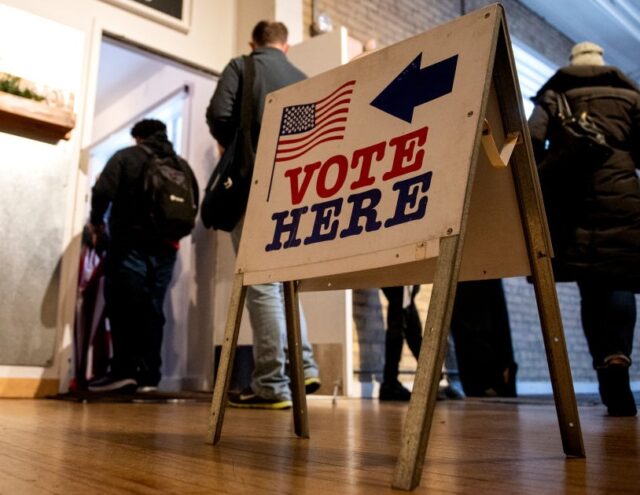Josh Hawley defeats Lucas Kunce in Missouri U.S. Senate race

Sen. Josh Hawley won a second term on Tuesday, cruising to victory over a well-financed rival in a state that hasn’t elected a Democrat to statewide office since 2018.
Hawley defeated Marine veteran Lucas Kunce 56% to 42% in final, unofficial results.
Hawley was criticized in 2021 for expressing support for Jan. 6 rioters shortly before they stormed the U.S. Capitol in an attempt to overturn Joe Biden’s victory over Donald Trump. He was later captured on video running through the Capitol to escape the mob.
Missouri voters approve Amendment 3, overturn state’s abortion ban
With all precincts reporting, Amendment 3 won 52% to 48%.
The PAC behind Amendment 3, called Missourians for Constitutional Freedom, raised more than $31 million this election, funding TV ads and other messaging across the state. Abortion opponents raised just a fraction of that amount, but had the support of many of Missouri’s top elected officials in spreading the word to “vote no on Amendment 3.” When the amendment goes into effect in 30 days, abortion will become legal up until the point of fetal viability — generally seen as the point at which a fetus can survive outside the womb on its own, or around 24 weeks. The amendment also protects access to other reproductive health care, like birth control.
Missourians vote to increase minimum wage, require paid sick leave
Proposition A was approved by Missouri voters 58% to 42%.

The effort to hike the state’s minimum wage to $15 an hour and guarantee paid sick leave won the support of Missouri voters.
The approval follows a trend of Missourians using the initiative petition process to advance policies at odds with the beliefs of the state’s Republican dominated legislature.
Proposition A was backed by various unions and workers’ advocacy groups, social justice and civil rights organizations, over 500 state business owners and others. Some business groups, including the state Chamber of Commerce, have opposed it, especially the guaranteed sick leave portion.
The campaign in favor of the measure, called Missourians for Healthy Families and Fair Wages, raised nearly $6 million —and collected 210,000 signatures to have the issue placed on the statewide ballot. The ballot measure would raise Missouri’s current minimum wage from $12.30 to $13.75 next year and $15 in January 2026.
The increase would affect over 562,000 workers in the state, according to the Missouri Budget Project, or nearly 1 in 4 workers. The minimum wage would be adjusted based on inflation every year after 2026. Missouri will join 15 states that require employers to provide paid sick leave.
The paid sick time provision will go into effect on May 1, 2025. businesses will be required to provide one hour of paid sick time for every 30 hours worked, up to five days per year for small businesses and seven days per year for larger businesses. Small businesses are those with fewer than 15 employees.
And businesses will be required to provide one hour of paid sick time for every 30 hours worked, up to five days per year for small businesses and seven days per year for larger businesses. Small businesses are those with fewer than 15 employees. The paid sick time provision will go into effect on May 1, 2025.

Missouri voters approve sports betting amendment
By the time the NFL playoffs begin in January, sports betting will be legal in Missouri.
The new constitutional amendments become law 30 days after the election, so the first legal bets in Missouri could be placed as early as Dec. 5.
“Missouri has some of the best sports fans in the world and they showed up big for their favorite teams on Election Day,” Bill DeWitt III, President of the St. Louis Cardinals, said in a news release.
The only remaining question now that voters approved Amendment 2 is whether bettors will use platforms licensed in Missouri or if players will have to use accounts linked to licenses from other states. The amendment directs the Missouri Gaming Commission to make sports betting available by Dec. 1, 2025.
Under the provisions of the amendment, each of six major professional sports teams could create a retail sports betting location within a district near its stadium. The teams could also provide fans with a branded online betting platform.
Each of the state’s six casino companies could also open a retail sportsbook at their casinos as well as offer an online platform. And there would be two licenses for online betting companies without a link to a Missouri casino or sports team.
The profits from gambling would be taxed at 10%, but the measure allows deductions for promotional offers and federal taxes before the state revenue is calculated.
Amendment 5
With all precincts reporting, voters said “no” to Amendment 5, which would have authorized a new casino near the Lake of the Ozarks. It is only the third time since 1980 that Missouri voters rejected a proposal to expand gambling in the state. Under state law, casinos must be located within 1,000 feet of the main channel of either the Mississippi or Missouri rivers.
The defeat of Amendment 5 means there will be no competition for a project launched in 2021 by the Osage Nation to have a property in Miller County taken into trust as ancestral lands where it could operate a casino and convention center.




























